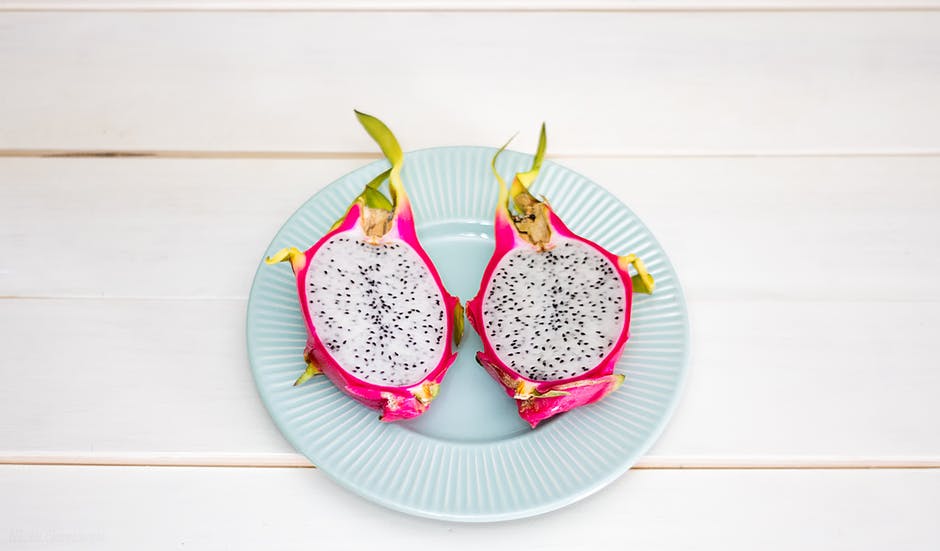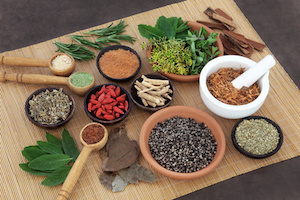Were you one of those people who hated wine, up until one blustery winter’s night when you finally learned to appreciate a full-bodied glass of red? Maybe you detested pistachios with a passion, only to find yourself a pistachio fiend in your mid-thirties. No, your changing tastes aren’t always a coincidence. In fact, there’s cold, hard science behind the phenomenon.
You may not feel this way about your wrinkles, but apparently taste buds are incredibly graceful when it comes to ageing. Hungry for more? Here’s a glimpse at what to expect, and why it’s happening.
Dwindling numbers

Everyone is born with over 10,000 taste buds, which hone in on sweet, salty, sour, spicy and more. A supertaster (a person whose tongue is extra sensitive) may be gifted with up to 20,000! But when you hit 40 this number starts to decrease. Basically, your taste buds undergo a constant cycle of birth, death, and regeneration. On average, taste bud lifecycles span for around two weeks. After around four decades regeneration slows down, which means you’re left with fewer taste buds. Your remaining taste buds also begin to shrink, which means that overall your sense of taste isn’t as sharp as it used to be.
Chemical pollutants
Age sees toxins and chemical pollutants build up in the body, which can muffle your sense of taste and smell. Naturally, cigarette smoke is a particularly bad offender so stay away from the smokes! Keep your palate as clean as possible by getting plenty of fresh air, and throwing open your windows on a sunny day. If you’re extra sensitive you can think about investing in air filters for your home.
An epicurean adventure
 As people age they tend to become more adventurous eaters by default. Blame it on confidence, boredom or failure to remember that you ‘hate’ a certain food! Over 50s are eager to expand their taste experiences, with this tongue-in-cheek Times article sharing all kinds of stories about overcoming a lifelong hatred of beets, mushrooms, fennel, sushi and more. In these sorts of cases changing tastes have a lot to do with changing attitudes.
As people age they tend to become more adventurous eaters by default. Blame it on confidence, boredom or failure to remember that you ‘hate’ a certain food! Over 50s are eager to expand their taste experiences, with this tongue-in-cheek Times article sharing all kinds of stories about overcoming a lifelong hatred of beets, mushrooms, fennel, sushi and more. In these sorts of cases changing tastes have a lot to do with changing attitudes.
“The big predictor of whether someone will like something like bitter melon or hoppy beer isn’t their sensitivity to bitterness,” explains Marcia Pelchat, a sensory psychologist at the Monell Chemical Senses Center. “It’s their exposure to it, their motivation, their interest. It’s all cultural stuff.”
Bitter is better
There’s a reason kids go gaga for sweets, and it’s not simply because they’re fun, colourful and delicious. There’s also a reason they’re notorious broccoli haters. Why? Because young children have hypersensitive taste buds, which means they lap up sweet and gag at bitter. This hypersensitivity tends to cool off with age, which means your tastes change as you hit your 40s, 50s, 60s and beyond. All of a sudden, white chocolate and caramel sauce may seem sickly sweet. While things like hoppy beer, kale and dark chocolate are far more appealing.
Spice it up

Your taste buds may be dwindling, but that doesn’t mean you can’t make up for it with an extra flavour hit. Don’t be scared to experiment with seasonings to enhance your taste experience. Be heavy handed with the garlic, marinate your favourite meats and learn to love intense flavours like smoked paprika, Thai basil, fennel and rosemary. It’s not unusual for ageing epicureans to report a newfound love for Indian food, drawn to its rich sauces, hot spices and intense flavours. Goodbye creamy korma, hello fiery Rogan Josh.
Feeling parched
Saliva production diminishes with age, which means you may find yourself feeling parched. Always have a glass of water on standby when eating, especially if there’s wine involved!
There’s no escaping the fact that as you age, your taste buds lose a little lustre. But with the right approach, it doesn’t have to be a bad thing. Be open minded, don’t be scared to experiment with flavours, and try to embrace this new chapter of taste. Who knows, you might fall in love with a new food!
Have you got any changing taste bud experiences you’d like to share? Maybe you love something you used to hate, or vice versa. We’d love to hear your stories, so go ahead and share in the comments box below.









Join the Discussion
Type out your comment here:
You must be logged in to post a comment.